Keeping your home cool during the scorching Texas summer is a must for anyone living in Dallas or Fort Worth. But what do you do when your air conditioner isn’t working right? Knowing how to handle common AC problems can save you time, money, and a lot of sweat. Fortunately, many issues can be resolved with some basic adjustments and maintenance.
One of the most common problems is incorrect thermostat settings. Believe it or not, a simple change in settings can make a significant difference in your comfort levels. Adjusting the thermostat as needed can ensure your home stays cool without overworking your AC.
Another frequent issue is blocked or dirty air filters. Clean filters are essential for your air conditioner to function well. Dirty filters can restrict airflow, making your unit work harder and less efficiently. Regularly checking and replacing your filters can keep your AC running smoothly.
Refrigerant leaks can also be a big problem, leading to insufficient cooling and potential damage to your AC. Identifying the signs of a leak early can help you get it fixed before it turns into a bigger issue.
Lastly, issues with the outdoor unit are common but fixable. Knowing what to look for and how to handle these problems can keep your AC system in top shape. By addressing these common AC issues, you can enjoy a comfortable home all summer long.
Incorrect Thermostat Settings: Simple Adjustments
Your thermostat is the control center for your AC system, and small changes can have a big impact on your home’s comfort. If your AC isn’t cooling properly, the first thing to check is the thermostat settings.
Start by making sure the thermostat is set to “cool” and not “heat” or “fan.” It’s easy to accidentally set it incorrectly. Next, check the temperature setting. Set the thermostat to a temperature lower than the current room temperature. This ensures the AC is activated.
Sometimes, inaccurate readings might be caused by the thermostat’s location. If it’s placed near a heat source like a lamp or in direct sunlight, it can give false readings, making your AC work harder or not at all. Try relocating the thermostat to a shaded, central part of the house for a more accurate reading.
If your home has a programmable thermostat, make sure the settings are scheduled correctly. Having a consistent schedule that matches your daily routine can help maintain an even temperature and reduce strain on your AC. For smart thermostats, double-check the app settings to ensure they are aligned with your preferences.
Finally, if you’ve tried these adjustments and still face issues, consider replacing the thermostat. Older units can be inaccurate, and upgrading to a modern, programmable, or smart thermostat can enhance your system’s efficiency.
Blocked or Dirty Air Filters: Easy Maintenance Tips
Dirty air filters are a common culprit for many AC problems. Regular maintenance can keep your system running efficiently. Follow these tips to check and replace your air filters.
- Locate the Filter: Most air filters are located in the return air duct or the blower compartment of the furnace. Turn off the unit before accessing the filter to avoid any accidents.
- Check the Condition: Pull out the filter and inspect it. If it’s covered in dust and debris, it’s time for a replacement. A good rule of thumb is to check your filter once a month, especially during heavy usage in summer.
- Choose the Right Filter: Filters come in various sizes and types. Check your AC manual for the correct size and type. HEPA filters are highly effective but might not be necessary for all systems.
- Replace or Clean the Filter: Disposable filters should be replaced every 1-3 months. For reusable filters, gently clean them using water and a mild detergent. Let the filter dry completely before reinstalling it.
- Reinstall the Filter: Make sure to insert the filter in the correct direction, following the airflow arrows printed on its frame. Improper installation can reduce efficiency and strain the system.
- Set Reminders: Use your phone or a calendar to set reminders for monthly filter checks. Regular maintenance can extend the lifespan of your AC and ensure clean, cool air in your home.
Following these maintenance tips can keep your air filters clean and your AC running smoothly, helping to avoid costly repairs and ensuring a comfortable home environment.
Refrigerant Leaks: Warning Signs and How to Handle Them
Refrigerant leaks can cause your AC to underperform and may even damage the unit. Knowing the warning signs can help you catch and fix a leak before it becomes a bigger issue.
First, pay attention to the cooling efficiency. If your AC isn’t cooling your home as well as it used to, a refrigerant leak might be the cause. The refrigerant is what removes heat from the air, so low levels can lead to inadequate cooling.
Another sign is a hissing or bubbling sound coming from your AC. This noise could indicate a leak in the refrigerant lines. If you hear such sounds, inspect the unit for obvious signs of a leak.
Ice buildup on the evaporator coils is another warning sign. Low refrigerant levels can cause the coils to freeze, leading to ice forming on them. If you notice ice, turn off the unit and let it thaw before calling a technician.
Finally, look out for higher energy bills. If your AC is working harder to cool your home due to a refrigerant leak, it will consume more electricity, leading to higher utility costs.
If you suspect a refrigerant leak, it’s crucial to address it immediately. Turn off the unit and contact a professional technician. Attempting to fix it yourself can be dangerous, as refrigerant is a hazardous material.
Issues with the Outdoor Unit: Common Problems and Solutions
The outdoor unit of your AC system plays a vital role in keeping your home cool. When it doesn’t function properly, your entire system can suffer. Here are some common problems and solutions to keep your outdoor unit working efficiently.
Start with a visual inspection. Check for debris like leaves, dirt, or twigs around the unit. Clear any obstructions to ensure proper airflow. Blockages can cause the unit to overheat and reduce its efficiency.
Next, inspect the condenser coils. Dirty coils can impede heat transfer, making your AC work harder. Clean the coils using a coil cleaner or a gentle stream of water. Be sure to turn off the power before cleaning to avoid any electrical hazards.
Look at the fan blades. If they appear damaged or bent, they can disrupt airflow and put a strain on the motor. Replace or repair any damaged blades to maintain optimal performance.
Check the refrigerant lines for insulation. Over time, the insulation can wear out, leading to reduced efficiency. Replace any damaged insulation to keep your system running smoothly.
Finally, listen for unusual noises. Grinding or squealing sounds can indicate motor or belt issues. If you hear these noises, it’s best to turn off the unit and contact a professional.
Regular maintenance of the outdoor unit can prevent many common issues. Keeping it clean and free of debris ensures it operates efficiently and prolongs the lifespan of your AC system.
Conclusion
Maintaining your air conditioning system is essential for staying cool during the hot Texas summers. Simple adjustments to the thermostat and regular maintenance of air filters can prevent many common AC issues. Knowing the warning signs of refrigerant leaks and the steps to take when they occur can save you from costly repairs and keep your system running efficiently. Addressing issues with the outdoor unit, from cleaning condenser coils to checking fan blades and refrigerant lines, ensures your AC operates smoothly and effectively.
When these DIY measures aren’t enough, professional help is necessary to tackle complex issues. For reliable and expert HVAC services in Fort Worth and Dallas, contact Spire Heating and Air Conditioning. Let us help you maintain a comfortable and cool home. Reach out to us today!


